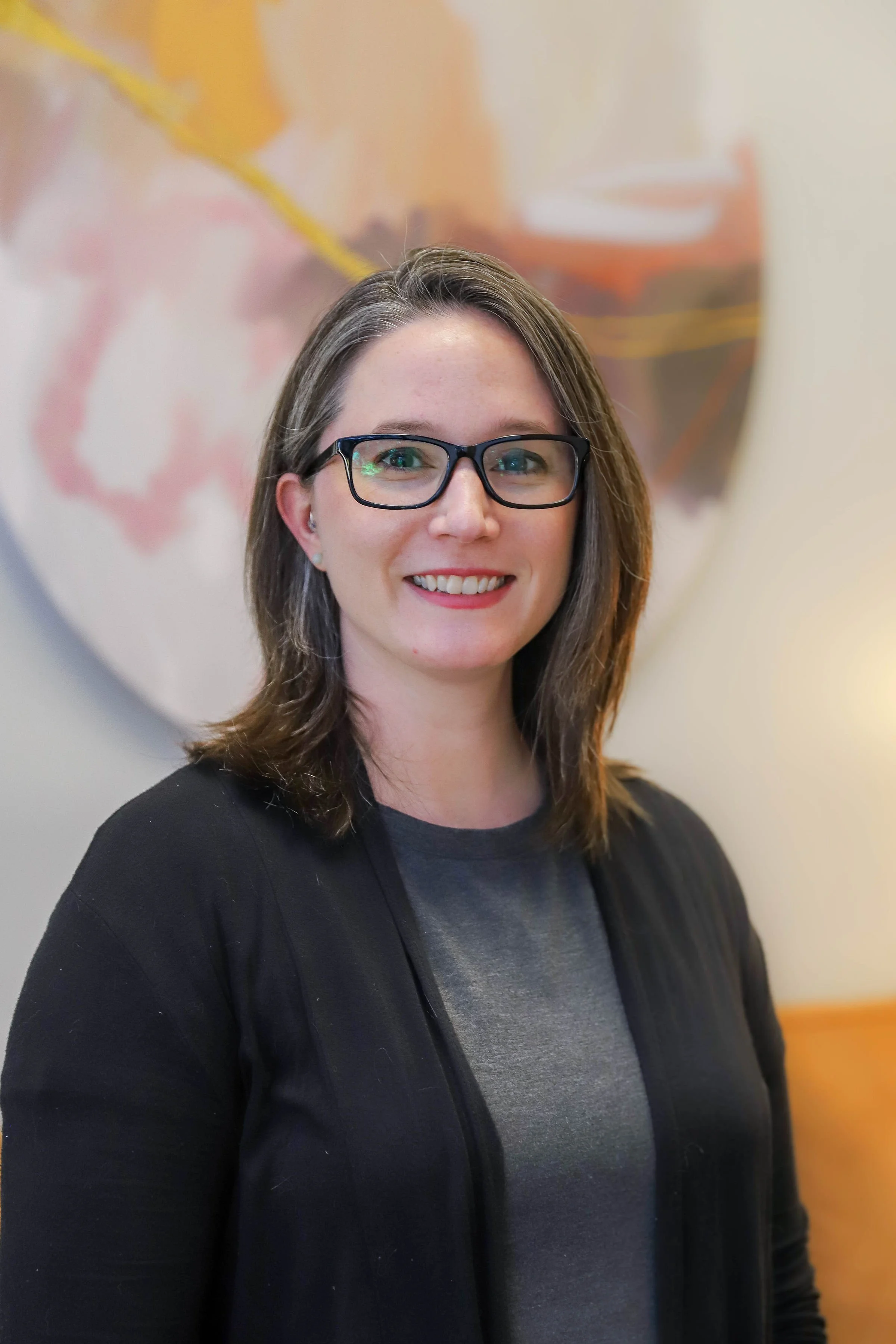Couples Counseling
Attachments styles heavily influence your communication with your partner.
We don’t get to choose our attachment styles; they are mostly formed before we turn 6 years old.
We can choose to we heal them.
Are you ready to learn to communicate in a way your partner can hear you?
I can help.
What are Attachment Styles?
Attachment styles are human beings way of connecting with others. We learn how to connect with others by how we were treated when we were children, specifically before the age of 6 years old.
For example, If our parents met our needs and we perceived them as warm, then we likely learned that people generally like us and want to be there for us.
The following categories are 4 distinct styles which humans can have. Most likely you have a blend of two. You can also have one type of style with one person and another type with another person.
Anxious Attachment
Adults with anxious attachment frequently reach for connection. They like reassurance that their partner is there for them. When reassurance is missing they become anxious. When anxiety is communicated it often sounds like nagging or criticism. People with this attachment style want to fix the relationship by fixing their partners and themselves.
Avoidant Attachment
Adults with avoidant attachment style tend to become overwhelmed with too much togetherness. They also fear conflict. Their number one fear in a relationship is not being good enough for their partner. When they hear nagging and criticism they frequently shut down and withdraw. They think the best way to save the relationship is to stop doing anything because everything they do is wrong anyway.
Anxious - Avoidant
An adult with anxious - avoidant attachment has elements of both anxious and avoidant attachment styles. This attachment style is very painful. There is a strong need for closeness because of the anxiety. And a fear of the closeness because of the need for avoidance. Frequently communication can sound like a push and pull with the other partner: “come closer, no! go away!”
Secure Attachment
Adults with secure attachment are not as common as you might think. Many adults in my office think they are failures because they do not have a secure attachment. Remember, we did not get to choose our attachment style, it was given to us by our parents and they were only doing the best they had with the attachment style their parents gave them. Attachment science is relatively new and the science to heal it is even more new. With treatment you can form secure bonds with your partner and heal old and new attachment wounds.
Attachment and Communication
Attachment style influences communication. When we are anxious, afraid, or hurt we protect ourselves. When we communicate through protection rather than openly and vulnerably with our partners, they can feel it and it can cause hurt. And when we are hurt, we need more protection.
It’s an endless cycle.
There is a way out. AND not by forcing yourself to lower your protection before you are ready.
In session, both partners will learn to take incremental steps towards vulnerability together so openness and vulnerability can be re-established again.
Then old wounds can be healed.
Meet Your Therapist
Amanda Averbeck, MS, LMFT Associate
Supervised by Gena St David PhD, LMFT-S, LPC-S AAMFT Board Approved Supervisor
Amanda is passionate about helping couples reconnect with each other.
She believes each romantic relationship is designed to bring each partner’s wounds to the surface so that they can be healed.
In Amanda’s experience, when couples heal their attachment wounds together, they experience a level of intimacy they didn’t know they could have.
Amanda feels so much joy helping them find this.
Her passion to guide couples on this journey is well supported with her training in the Satir Model, Emotion Focused Therapy, and being Internal Family Systems informed. With this background she cultivates a unique therapeutic experience for each couple and their unique situation.
Book a Free Consultation
Reaching out for help takes a lot of courage. It also takes a lot of coordination, especially if you are a couple trying to juggle two schedules and kids.
Let’s see if we are a good fit before you commit!
Schedule a call to ask all your questions or start an email and get them answered that way!




